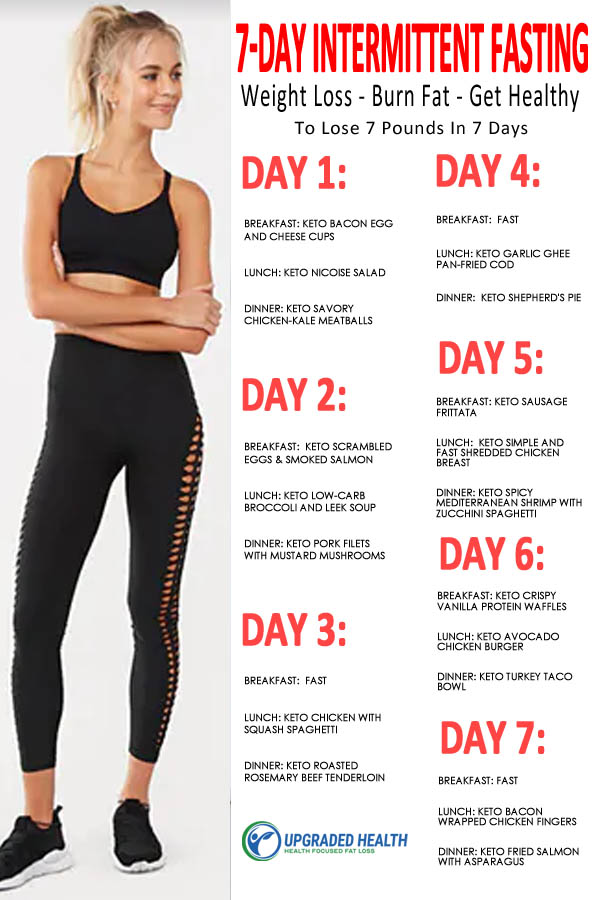Exploring the world of dietary plans can feel overwhelming, especially with the multitude of alternatives available at present. If you are just starting your fitness journey or looking to improve your eating habits, understanding the different kinds of diets is essential. This guide will assist explain the most widely-accepted diet categories, making it easier for you to find the one that aligns with your way of life and health objectives.
From popular low-carb diets like the Ketogenic diet to cardiovascular-friendly approaches such as the DASH diet, each diet comes with its unique set of benefits and drawbacks. We’ll explore how these diets affect your body and give you information into which might work best for you. With a small amount of knowledge, you can make an wise decision about your dietary path, ensuring that it meets not only your body's needs but also your specific likes.
Introduction of Well-Known Diet Plans
When exploring different types of diets, it is important to recognize that all these methods serves various health objectives and ways of living. Well-known dietary patterns such as the Mediterranean, Keto, and Paleo are increasingly popular in recent years due to their unique benefits. The Mediterranean diet, for illustration, focuses on whole foods, nutritious fats, and plant-based meals, prompting numerous health professionals to advocate it for its heart-healthy properties. In contrast, the Keto diet concentrates on elevated fat intake and low carbohydrates, forcing the body into a state of ketogenic state to utilize fat for energy. Understanding these fundamentals helps individuals recognize what fits with their fitness requirements.
Besides traditional diets, current movements like intermittent fasting and plant-based eating are changing how people view food. Intermittent fasting highlights phases of eating and fasting, which can help in weight loss while giving the digestive system a break. The plant-based diet, often confused with veganism, promotes consuming more fruits, vegetables, grains, and legumes, prioritizing health and nutrition. Each of these diets features its own set of guidelines, making it crucial for individuals to assess their objectives before starting.
Furthermore, those managing specific health conditions can take advantage of specialty diets. The DASH diet, designed to address hypertension, reduces sodium intake while promoting fruits and vegetables. The FODMAP diet is designed for those with gastrointestinal problems, enabling individuals to identify food triggers that may worsen discomfort. By discovering these specific diets, individuals can develop informed choices that meet their unique health needs, ultimately leading to a higher quality of life.
Understanding Nutritional Advantages and Drawbacks
As you assessing various diet plans, it's crucial to compare their advantages versus potential disadvantages. Numerous trending diet plans, including the Ketogenic and Paleo diet plans, promise considerable fat loss and improved energy. Yet, they might also lead to nutrient deficiencies if not managed properly. It’s crucial to know the nutritional needs of your body requires and how alternative diet plans might meet or jeopardize these nutritional requirements.
Following a diet often necessitates lifestyle adjustments that may not suit everyone. As an example, the Mediterranean diet plan is commended for its heart-healthy effects, but it might not be appealing to those who seek fast outcomes or have busy lifestyles. Conversely, diets like time-restricted eating might assist in losing weight, but they may be difficult to maintain in the long run for certain people. Every individual’s connection with food is unique, and what works wonders for one person may not be appropriate for another.
Moreover, the psychological and emotional aspects of dieting should not be neglected. Diet plans that are overly restrictive can foster unhealthy relationships with food, causing feelings of guilt or stress. Selecting a diet plan that aligns with your lifestyle and supports sustainable adherence is crucial. Comprehending the pros and cons of each choice can help lead you to a well-rounded approach that supports both your physical health and mental health.
Selecting the Right Nutritional Plan for Your Way of Life
Selecting a diet that aligns perfectly into your way of life is important for sustained success. Start by analyzing your regular schedule, likes, and health objectives. For example, if you lead a busy schedule and prefer convenience, a meal-prep friendly nutritional plan like the Mediterranean may work for you, as it focuses on whole foods and can quickly be adapted for batch cooking. On the other hand, if you thrive on routine and love cooking, plans like Paleo or the Whole30 can offer the discipline and diversity you need.
Consider your food limitations and ethical beliefs when selecting a diet. If you are unable to digest lactose or have a sensitivity to gluten, nutritional plans such as no gluten or vegetarian/vegan can help manage these concerns while providing necessary vitamins and minerals. Additionally, if sustainability is important to you, considering a flexitarian nutritional plan or alternative eco-friendly eating options can align your food choices with your values, benefiting both your health and the environment.
Lastly, think about your interactions with others and how a particular diet might affect it. Nutritional plans that promote sharing meals, like the Mediterranean diet or even the flexitarian method, can make get-togethers enjoyable rather than overwhelming. Conversely, strict diets can exclude you during meals with companions or family. Discovering redirected here that harmonizes your wellness objectives with your way of life and relationship dynamics is key to attaining and maintaining lasting outcomes.

